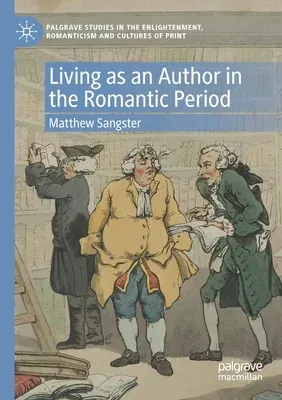Matthew Sangster
(Author)Living as an Author in the Romantic Period (2021)Paperback - 2021, 28 January 2022

Qty
1
Turbo
Ships in 2 - 3 days
In Stock
Free Delivery
Cash on Delivery
15 Days
Free Returns
Secure Checkout
Part of Series
Palgrave Studies in the Enlightenment, Romanticism and Cultu
Print Length
372 pages
Language
English
Publisher
Palgrave MacMillan
Date Published
28 Jan 2022
ISBN-10
3030370496
ISBN-13
9783030370497
Description
Product Details
Author:
Book Edition:
2021
Book Format:
Paperback
Country of Origin:
NL
Date Published:
28 January 2022
Dimensions:
21.01 x
14.81 x
2.18 cm
ISBN-10:
3030370496
ISBN-13:
9783030370497
Language:
English
Location:
Cham
Pages:
372
Publisher:
Weight:
503.49 gm

